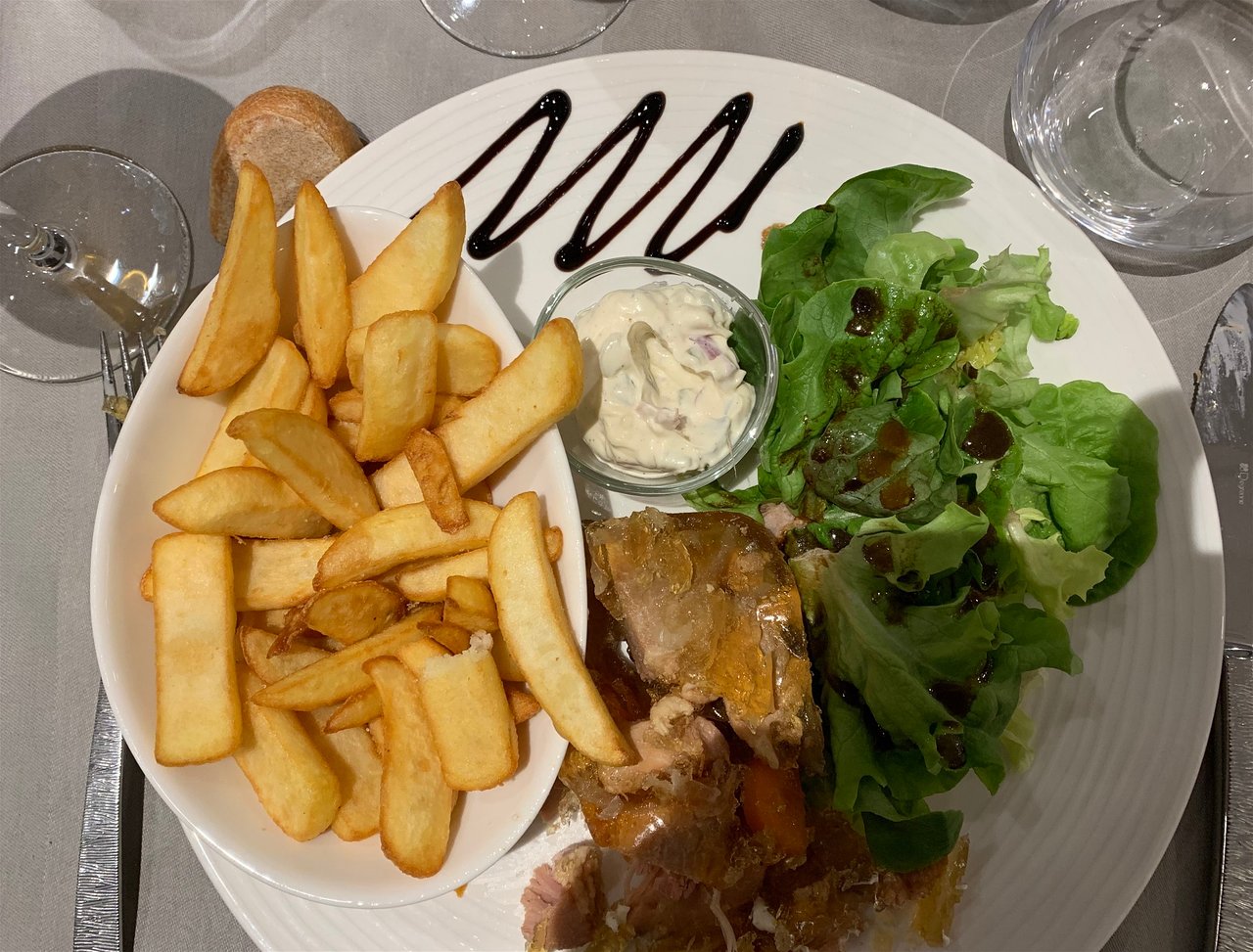Nord
WELCOME TO Nord
Entry Into Department
Lille
5,743 km2
2,614,000
French
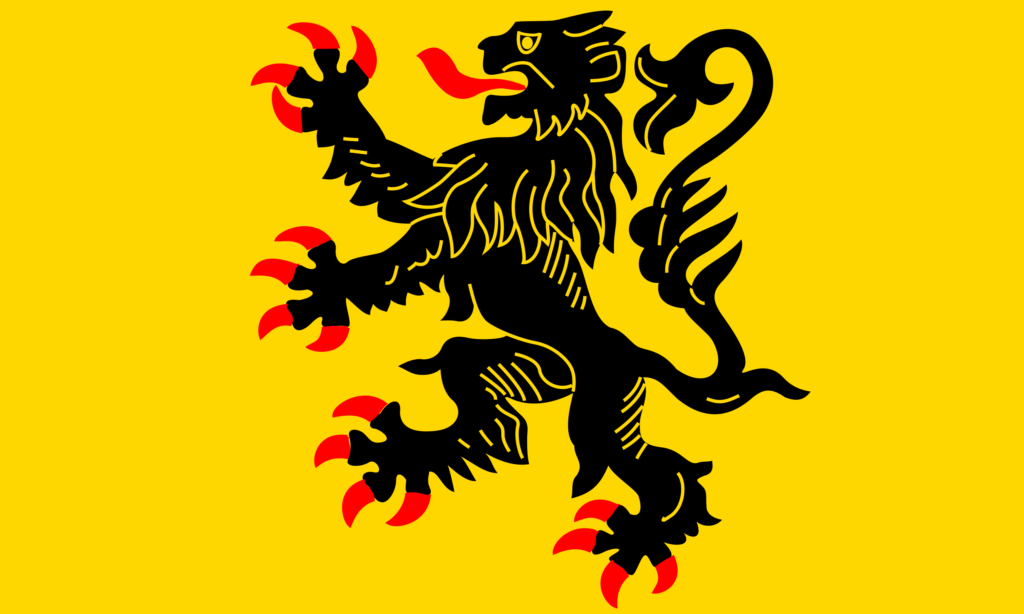
Popular
Geography and Tourist Attractions
Information about the canton's tourist attractions, including popular destinations, events, and activities.
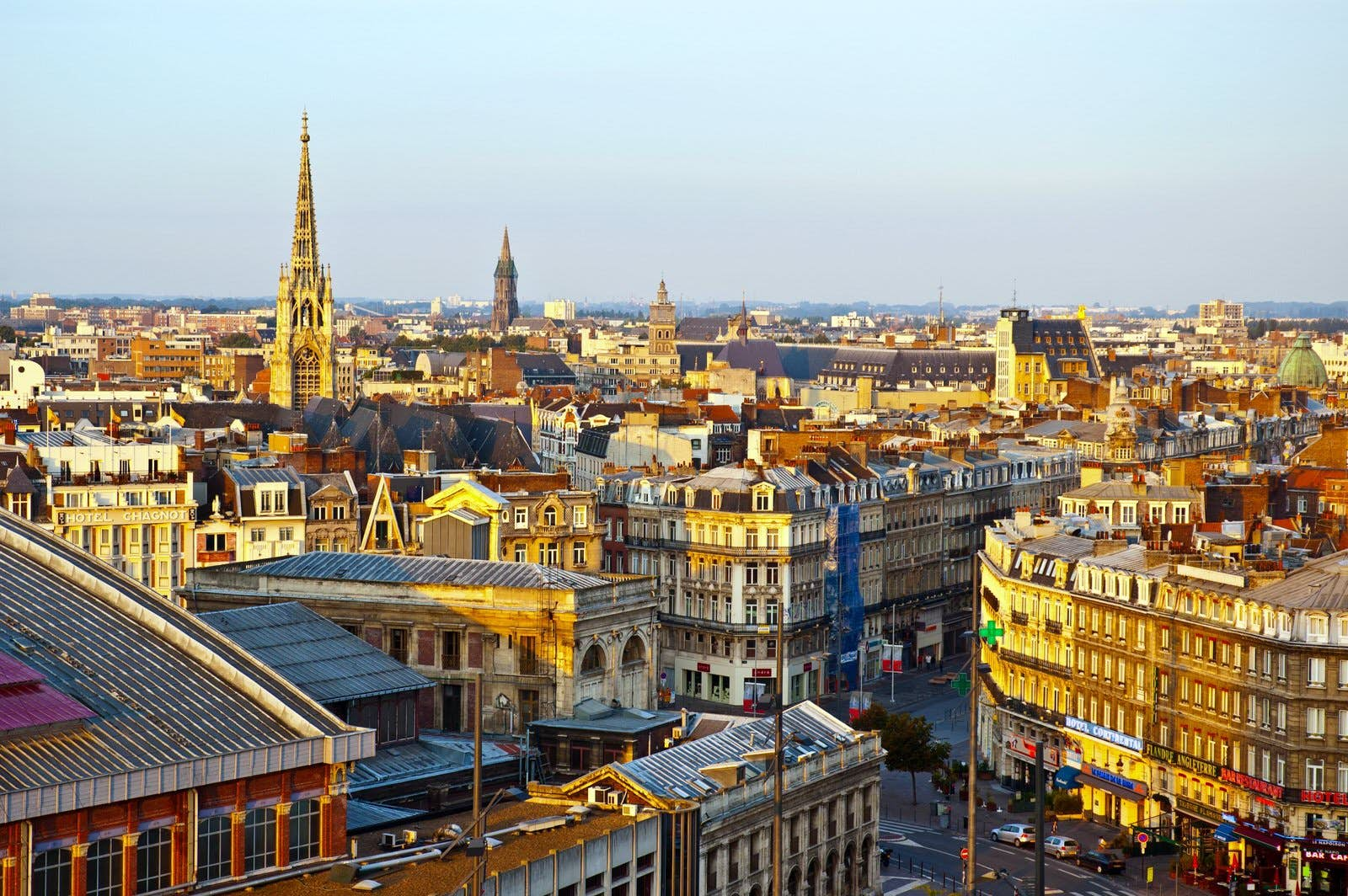
Lille
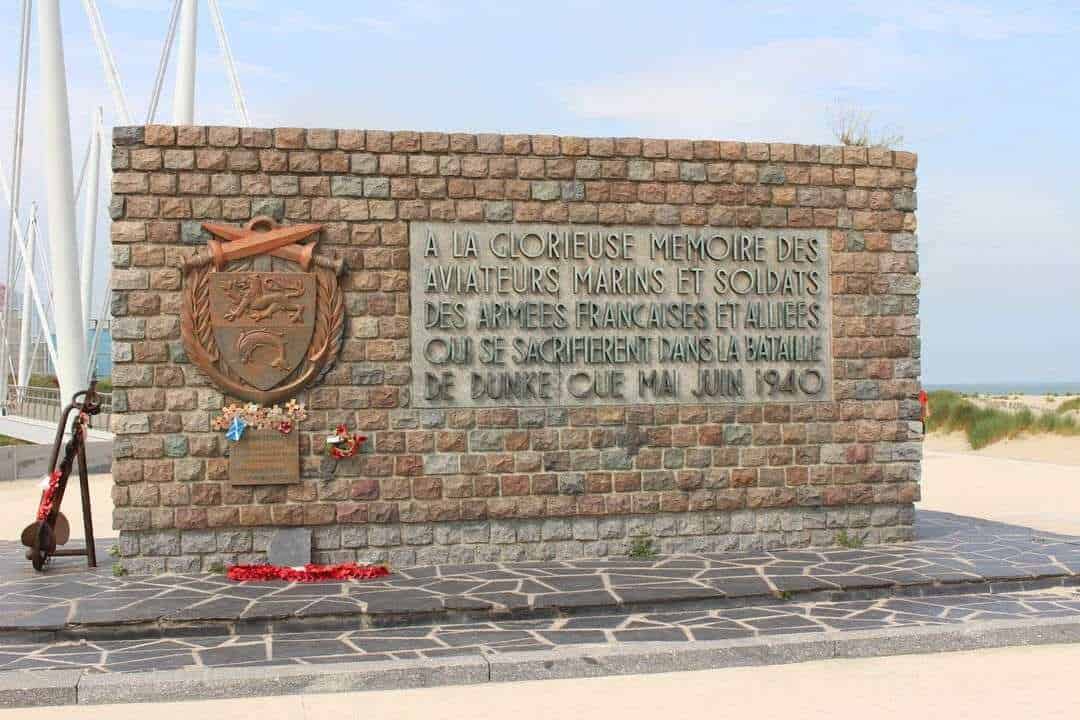
Dunkirk
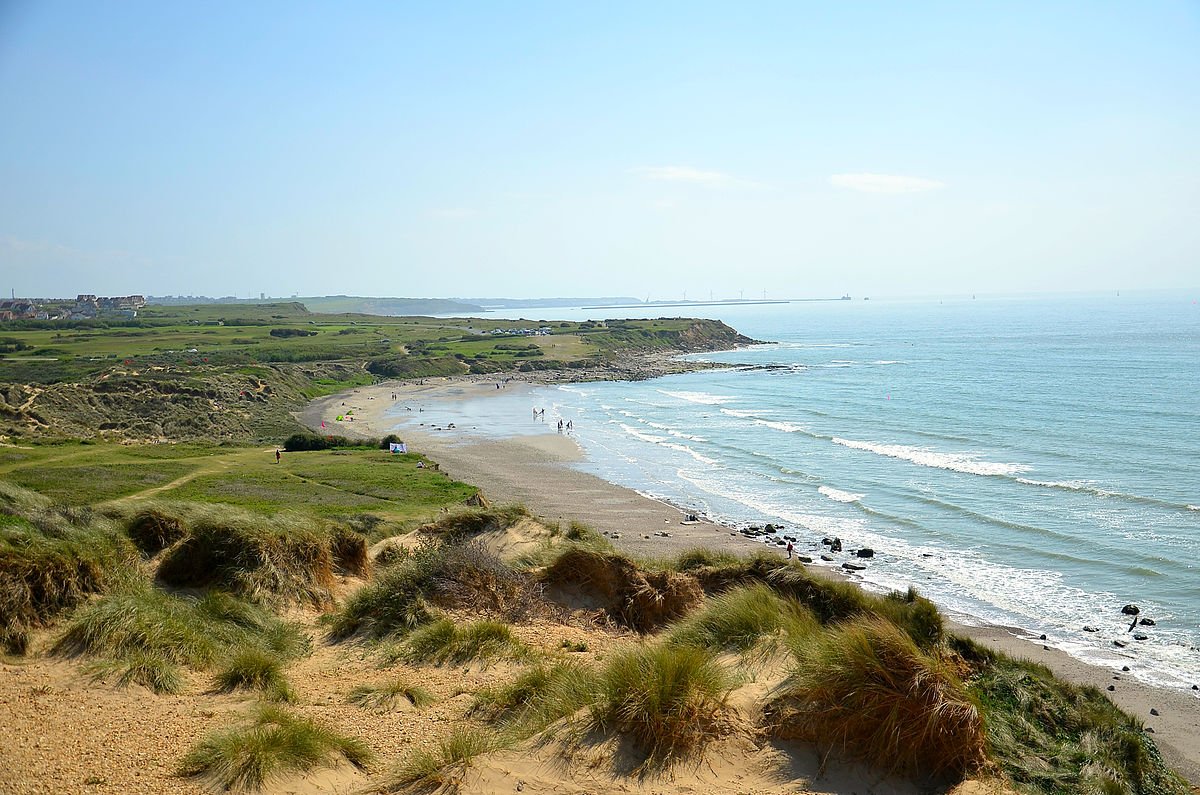
Les Caps et Marais d'Opale Natural Park
Political
Economy and Government
Nord, France is home to a diverse and dynamic economy, with a range of industries contributing to the region's economic growth. The region is a major center for the automotive, aerospace, and textile industries, and also has a strong presence in the energy and logistics sectors. The region's location, close to major ports and transport links, makes it an important hub for international trade.
Nord is governed by a regional council, which is responsible for a range of functions, including economic development, education, and transport. The council is made up of 170 elected representatives and is headed by a president.
The region is also home to a number of important cultural institutions, including the Palais des Beaux-Arts in Lille, which is one of the largest fine arts museums in France, and the La Piscine Museum in Roubaix, which is housed in a restored Art Deco swimming pool.
In recent years, the region has undergone significant urban renewal, with major investments in infrastructure and public spaces. This has helped to attract new businesses and visitors to the region, and has made Nord an increasingly attractive destination for both tourists and investors.
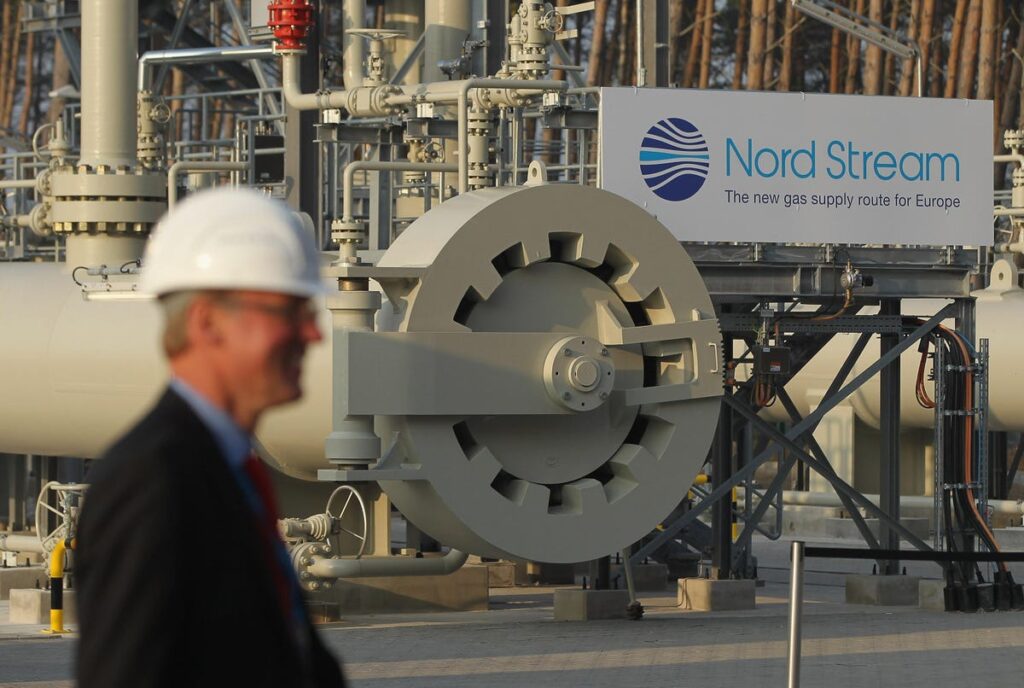
History
History and Culture
Nord, France has a rich history and culture, shaped by its position as a border region between France and Flanders. The region was ruled by the Counts of Flanders for much of the medieval period, and as a result, it has a strong Flemish influence, which can be seen in its architecture, cuisine, and traditions.
During the industrial revolution, Nord became a major center for textile production, and the region's towns and cities grew rapidly as a result. This period of growth has left a lasting impact on the region's urban landscape, with many grand public buildings and worker's housing still visible today.
In addition to its industrial heritage, Nord is also home to a rich artistic and cultural scene, with many museums, theaters, and music venues located throughout the region. The region has a strong tradition of carnivals and festivals, including the famous Dunkirk Carnival, which attracts thousands of visitors each year.
Nord is also known for its distinctive cuisine, which includes dishes such as carbonnade flamande (a beef and beer stew), moules-frites (mussels and fries), and tarte au sucre (sugar pie). These dishes are often enjoyed with a glass of local beer, which is brewed using traditional methods.
Overall, Nord's history and culture are an important part of its identity, and are a source of pride for its residents.
HOTELS
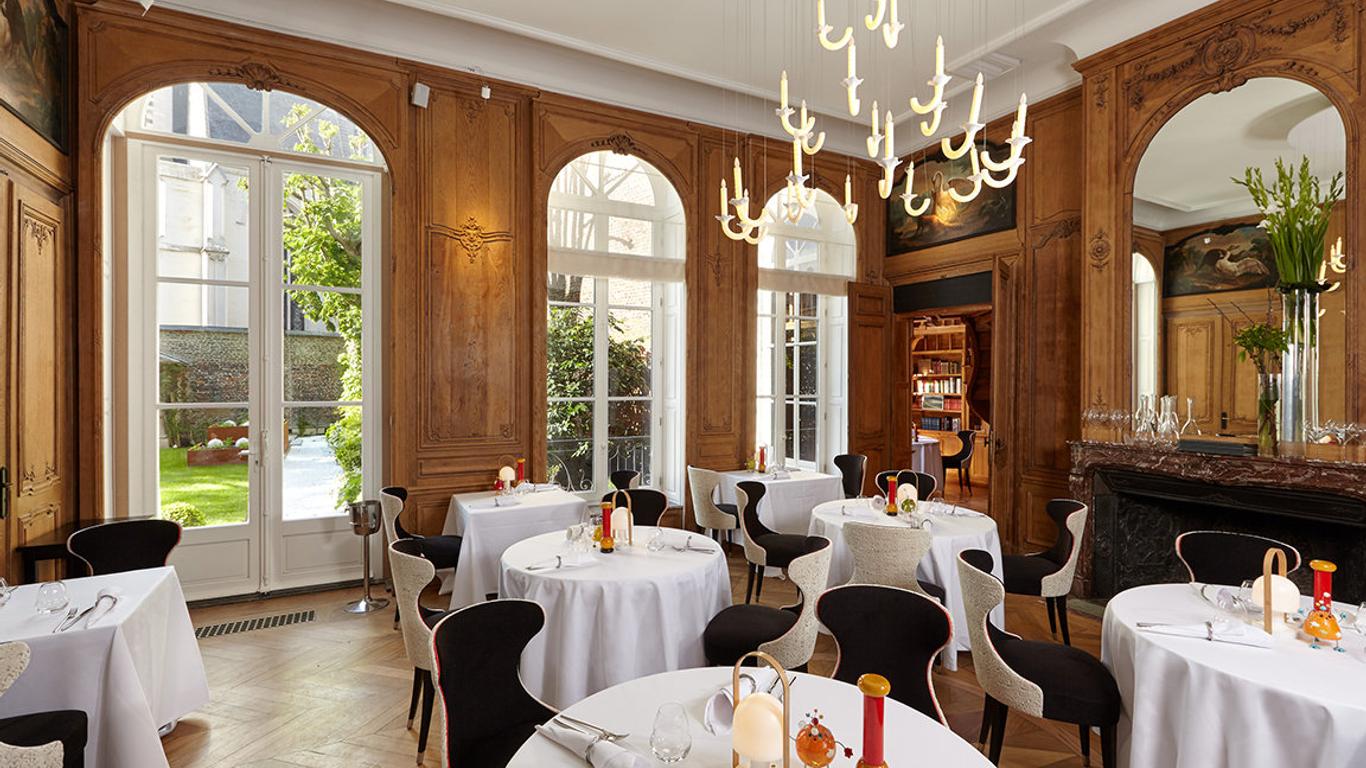
Clarance Hotel Lille
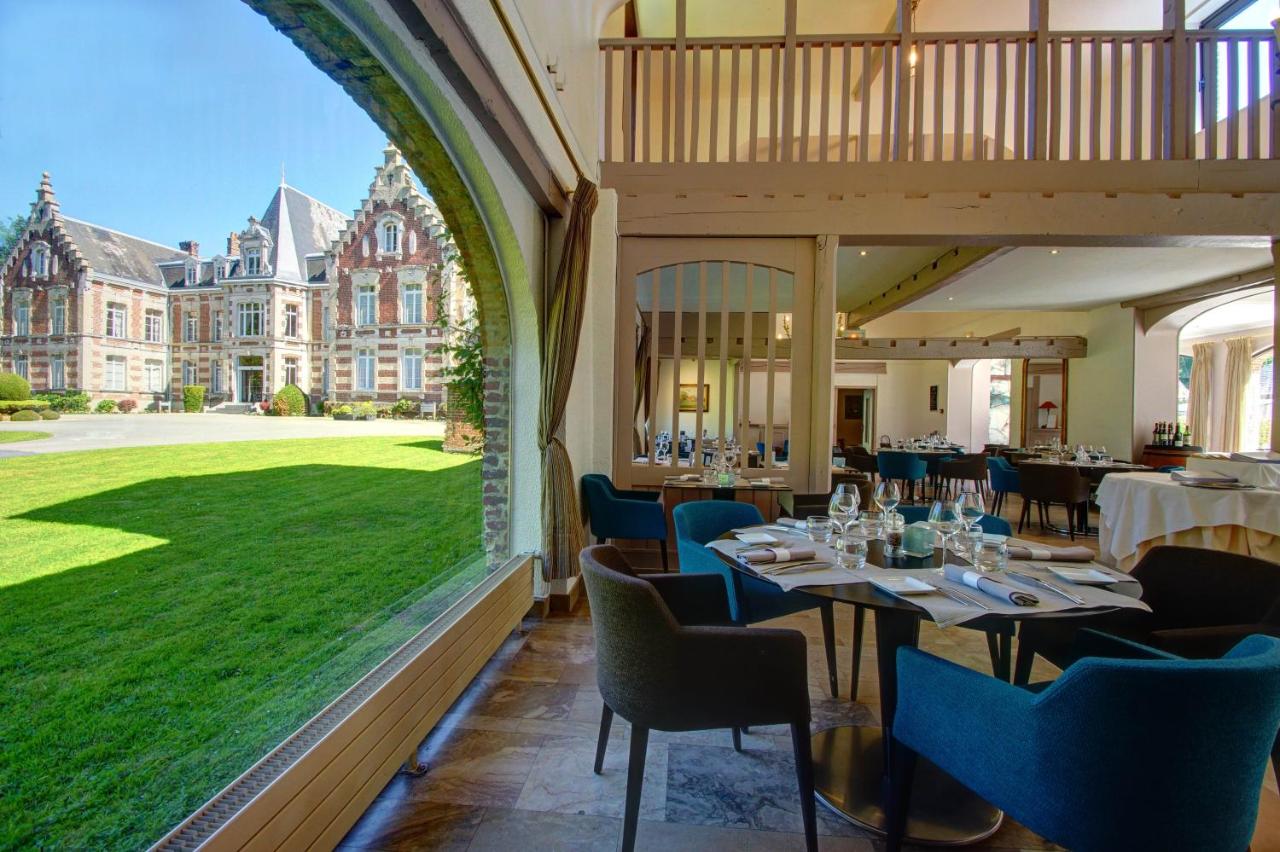
Najeti Hôtel Château Tilques
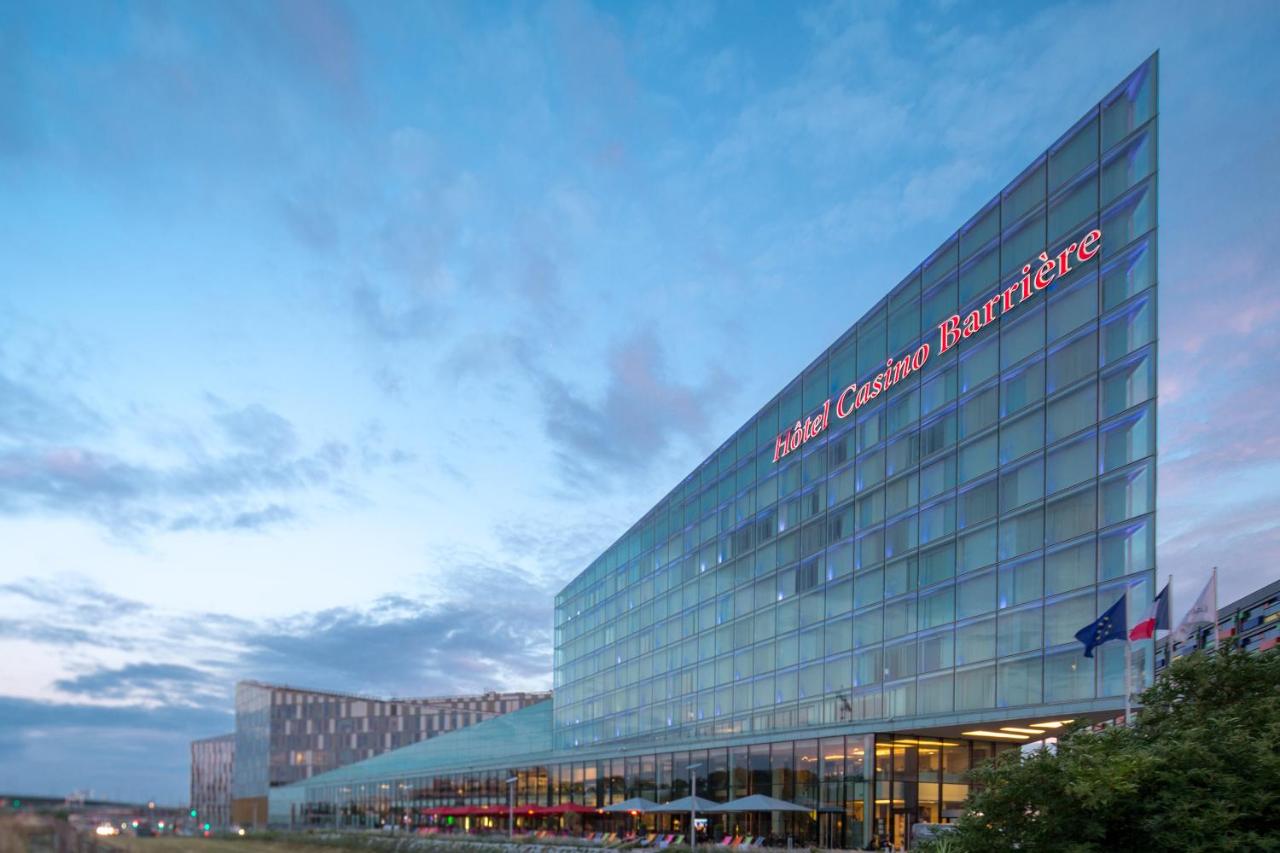
Hôtel Barrière Lille
RESTAURANTS
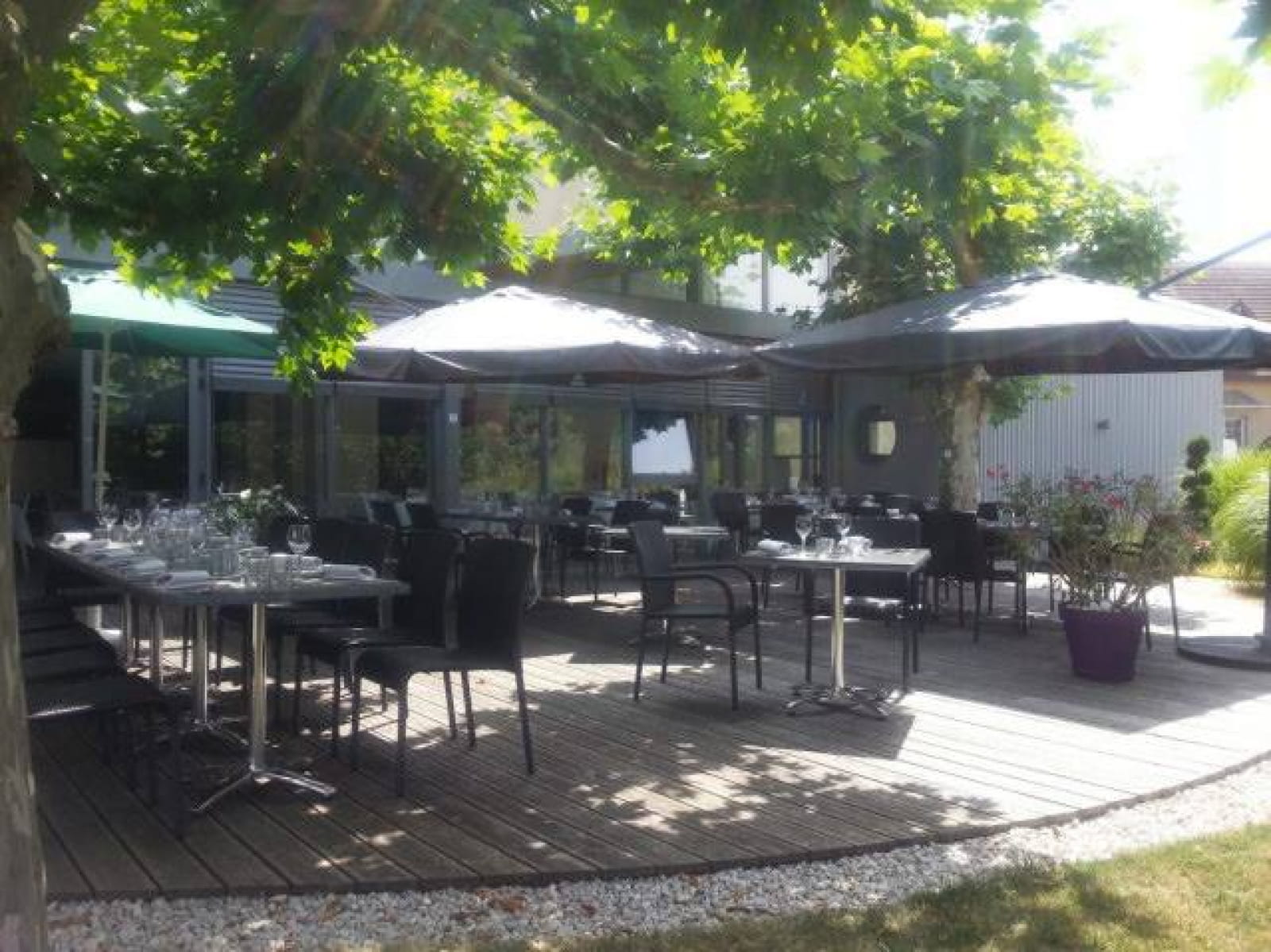
La Table de Marc
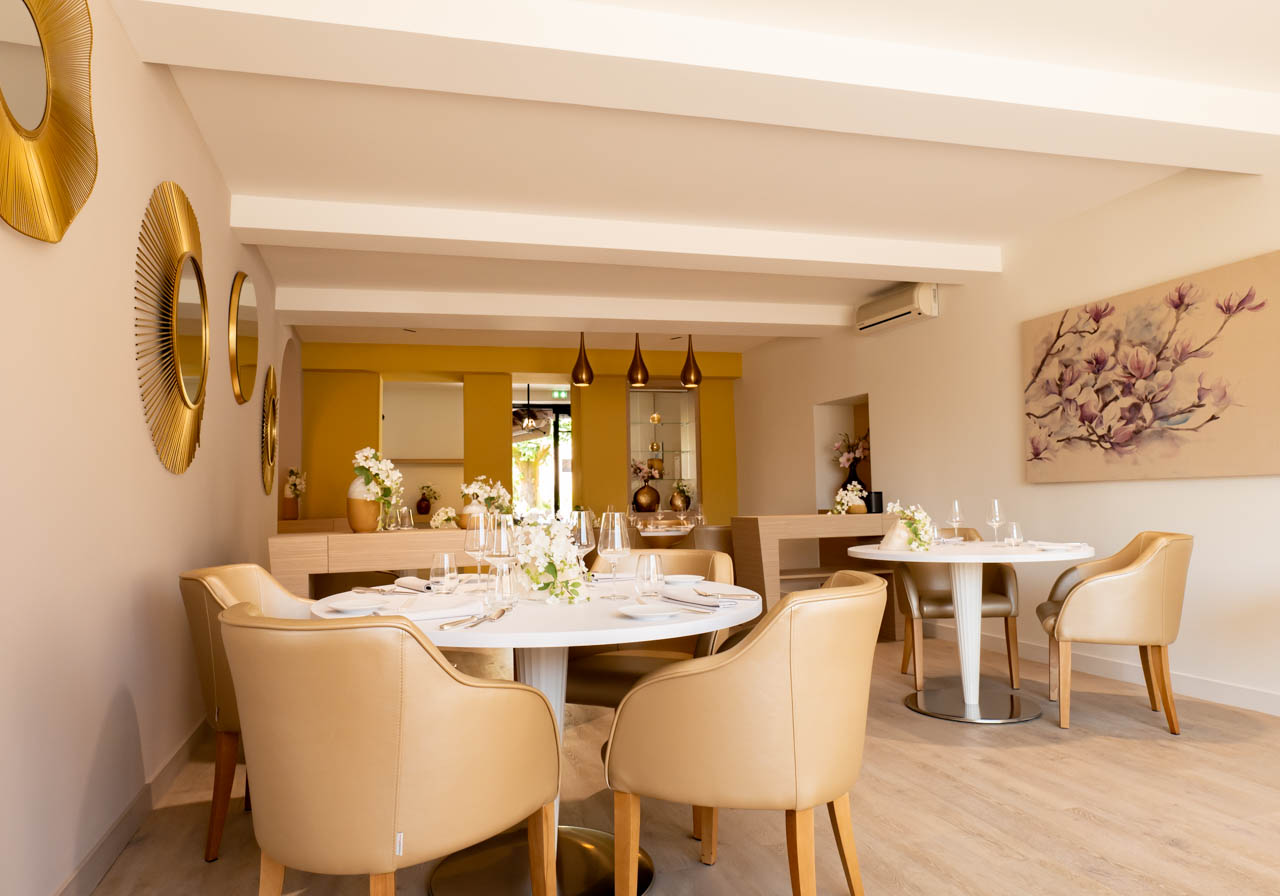
L'Ecusson
